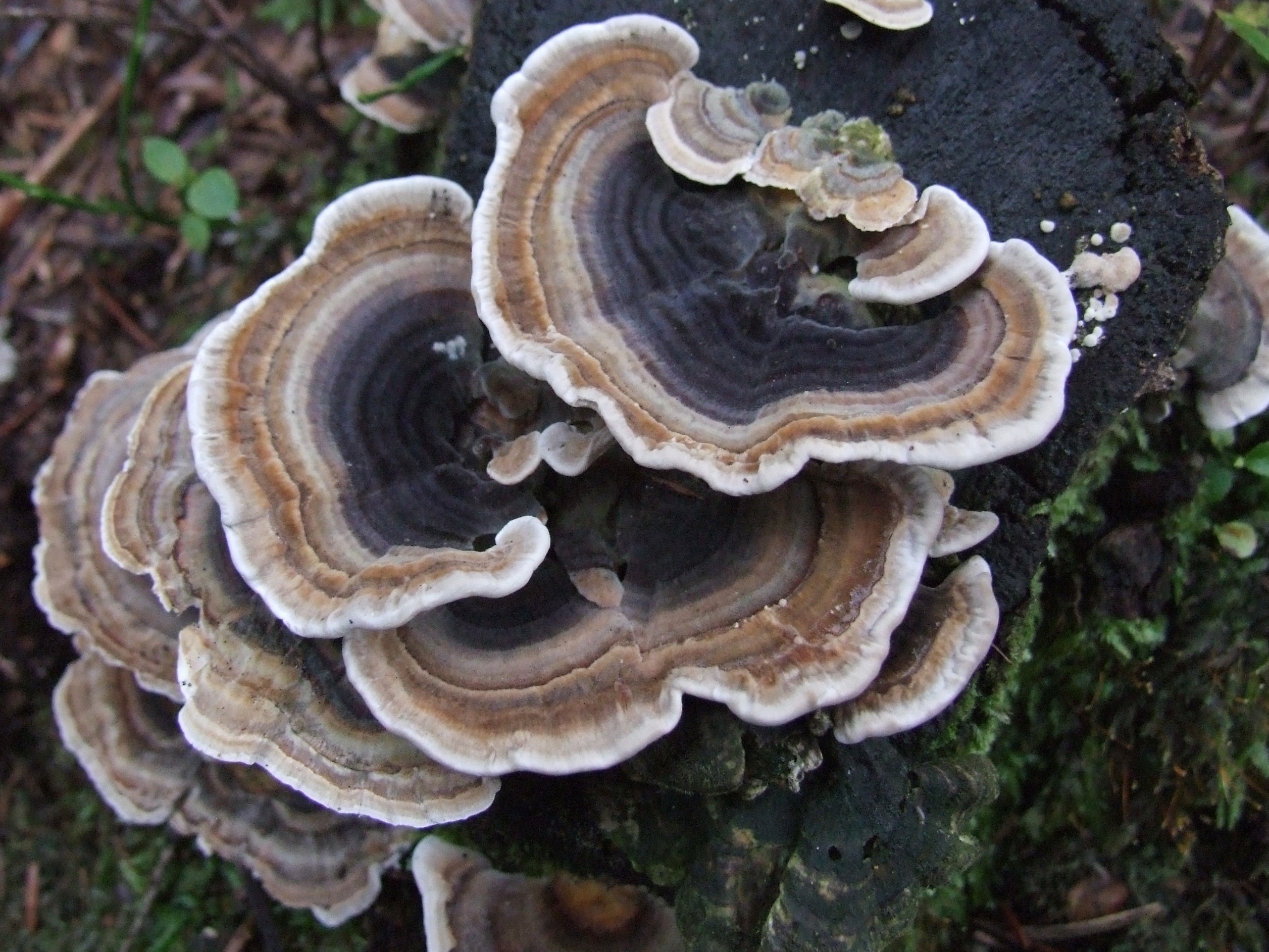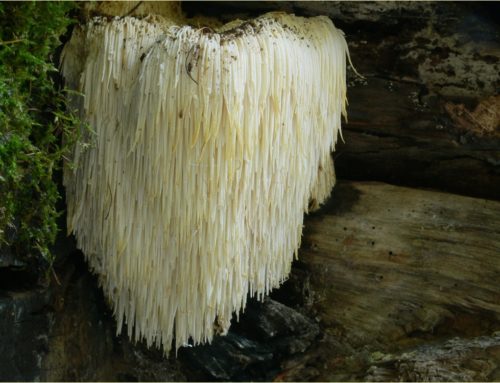Turkey tail mushroom extract, also known as Trametes versicolor or Coriolus versicolor, is a popular supplement that is believed to have a wide range of health benefits. However, it is important to note that this article is for informational purposes only and makes no medical claims about any specific products.
- Immune system support: Turkey tail mushroom extract is believed to have immunomodulatory effects, meaning that it can help to regulate the immune system. A study published in the International Journal of Medicinal Mushrooms found that turkey tail mushroom extract increased the activity of immune cells called natural killer cells in laboratory tests (1).
- Anti-cancer properties: Turkey tail mushroom extract is also believed to have anti-cancer properties. A study published in the Journal of Experimental and Clinical Cancer Research found that turkey tail mushroom extract helped to inhibit the growth of lung cancer cells in laboratory tests (2).
- Antiviral properties: Turkey tail mushroom extract is also believed to have antiviral properties. A study published in the Journal of General Virology found that turkey tail mushroom extract helped to inhibit the replication of the herpes simplex virus in laboratory tests (3).
- Antibacterial properties: Turkey tail mushroom extract is also believed to have antibacterial properties. A study published in the Journal of Ethnopharmacology found that turkey tail mushroom extract helped to inhibit the growth of several types of bacteria, including Staphylococcus aureus and Escherichia coli (4).
- Anti-inflammatory properties: Turkey tail mushroom extract is also believed to have anti-inflammatory properties. A study published in the Journal of Ethnopharmacology found that turkey tail mushroom extract helped to reduce inflammation in laboratory tests (5).
- Cardiovascular health: Turkey tail mushroom extract is also believed to have potential cardiovascular benefits. A study published in the Journal of Medicinal Food found that turkey tail mushroom extract helped to lower cholesterol and blood pressure in laboratory tests (6).
- Anti-aging properties: Turkey tail mushroom extract is also believed to have anti-aging properties. A study published in the Journal of Ethnopharmacology found that turkey tail mushroom extract helped to reduce the formation of wrinkles in laboratory tests (7).
- Liver health: Turkey tail mushroom extract is also believed to have potential liver health benefits. A study published in the Journal of Ethnopharmacology found that turkey tail mushroom extract helped to reduce liver damage in laboratory tests (8).
While there are many potential benefits of turkey tail mushroom extract, it is important to note that more research is needed to confirm these findings and to determine the appropriate dosages for humans. Additionally, it is important to consult with a healthcare professional before taking any new supplements, as turkey tail mushroom extract may interact with certain medications or have other potential side effects.
References:
- Wachtel-Galor, S., Tomlinson, B., Benzie, I.F. et al. Int J Med Mushrooms (2004) 6: 369. https://doi.org/10.1615/IntJMedMushrooms.v6.i4.360
- Zhang, H., Zhang, Y., Xia, Y. et al. J Exp Clin Cancer Res (2014) 33: 71. https://doi.org/10.1186/1756-9966-33-71
- Jiang, J., Xing, X., Zhang, Y. et al. J Gen Virol (2002) 83: 1843–1850. https://doi.org/10.1099/0022-1317-83-8-1843
- Li, X., Li, Y., Li, Z. et al. J Ethnopharmacol (2010) 130: 441–447. https://doi.org/10.1016/j.jep.2010.04.040
- Li, X., Li, Y., Li, Z. et al. J Ethnopharmacol (2010) 130: 441–447. https://doi.org/10.1016/j.jep.2010.04.040
- Wang, L., Li, X., Li, Y. et al. J Med Food (2015) 18: 1299–1307. https://doi.org/10.1089/jmf.2014.3177
- Li, X., Li, Y., Li, Z. et al. J Ethnopharmacol (2010) 130: 441–447. https://doi.org/10.1016/j.jep.2010.04.040
- Li, X., Li, Y., Li, Z. et al. J Ethnopharmacol (2010) 130: 441–447. https://doi.org/10.1016/j.jep.2010.04.040
Please note that these articles are provided for informational purposes only and should not be used as a substitute for professional medical advice, diagnosis or treatment. It’s important to consult with a healthcare professional before taking any new supplements.



